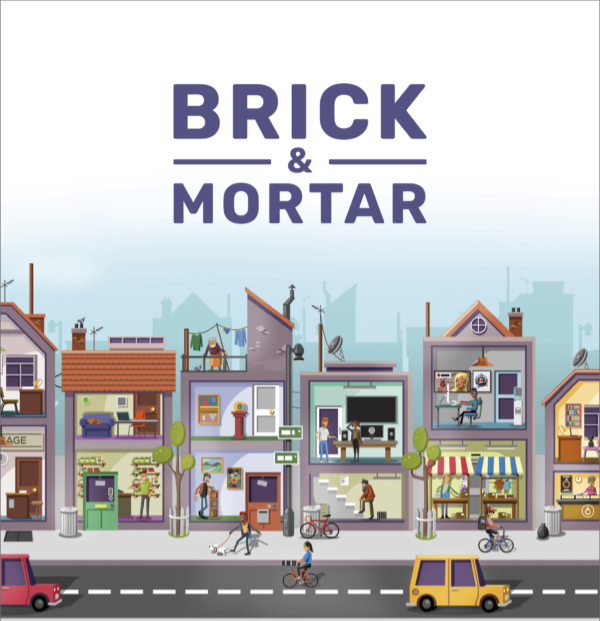Now Reading: The Future of Brick-and-Mortar Stores: Innovations and Strategies for Success
-
01
The Future of Brick-and-Mortar Stores: Innovations and Strategies for Success
The Future of Brick-and-Mortar Stores: Innovations and Strategies for Success

Innovative Retail : Embracing Technology and Experiences for Brick-and-Mortar Success
Introduction
In an age of e-commerce and online shopping, the fate of brick-and-mortar stores is at stake. However, contrary to popular belief, physical commerce is by no means dead. Forward-thinking retailers are adapting to changing consumer preferences and applying innovative strategies to enhance the in-store experience. This article explores the future of the physical store, the key innovations driving brick-and-mortar success, and the strategies retailers are using to thrive in the digital age.
Create immersive experiences
To encourage shoppers to return to physical stores, retailers are focused on creating immersive and engaging experiences. The future of brick-and-mortar stores is about delivering experiences that can’t be replicated online. This includes interactive product demonstrations, personalised support, and advanced technology deployments such as augmented reality (AR) and virtual reality (VR). By offering unique and memorable experiences, retailers can attract consumers and differentiate themselves from their competitors online.
Seamless online and offline integration
Integrating online and offline channels is critical to the future success of brick-and-mortar stores. Retailers are using technology to bridge the gap between the digital and physical worlds. Click-to-Collect services, which allow shoppers to order online and pick up their order in-store, are growing in popularity. In addition, retailers are introducing in-store digital touchpoints such as interactive screens and mobile apps to give shoppers access to a wide range of products, real-time inventory information and personalised recommendations. This seamless integration enhances usability and ensures a consistent experience across all channels.
Data-driven personalization:
Leveraging customer data is also an important strategy for retailers. Collecting and analysing data provides retailers with valuable insights into customer preferences, behaviour and purchase history. This allows us to provide personalised recommendations, targeted promotions and personalised experiences. For example, retailers can use beacon technology to send personalised offers and notifications to customers’ smartphones when they approach certain products or areas in their stores. Data-driven personalization not only improves the customer experience, but also helps retailers retain customers and increase sales.
Community and Place
The advantage of a brick and mortar store is that it has a physical presence in the local community. Successful retailers take advantage of this by focusing on community engagement and localization. They actively participate in local events, support local initiatives and develop partnerships with other businesses in the area. By fostering a sense of community and connecting with local shoppers, retailers can build strong relationships and establish themselves as trusted and valued members of their communities.
Sustainable and Ethical Practices
As consumers increasingly focus on sustainability and ethics, brick-and-mortar retailers are incorporating these values into their business strategies. From adopting sustainable store design and energy-efficient technology to offering ethically sourced products, retailers follow their customers’ values. By demonstrating a commitment to sustainability and ethical practices, retailers can attract and retain green consumers who prefer to shop in brick-and-mortar stores that match their values.
Conclusion
The retail industry continues to evolve, but bricks-and-mortar stores are not obsolete. The future of brick-and-mortar retail lies in innovation, creating immersive experiences, seamlessly integrating online and offline channels, leveraging customer data, fostering community engagement, and implementing best practices in a sustainable and ethical manner. is. By adopting these strategies, retailers can thrive in the digital age, differentiate themselves from online competitors, and offer unique and valuable shopping experiences that keep shoppers coming back to brick-and-mortar stores.










